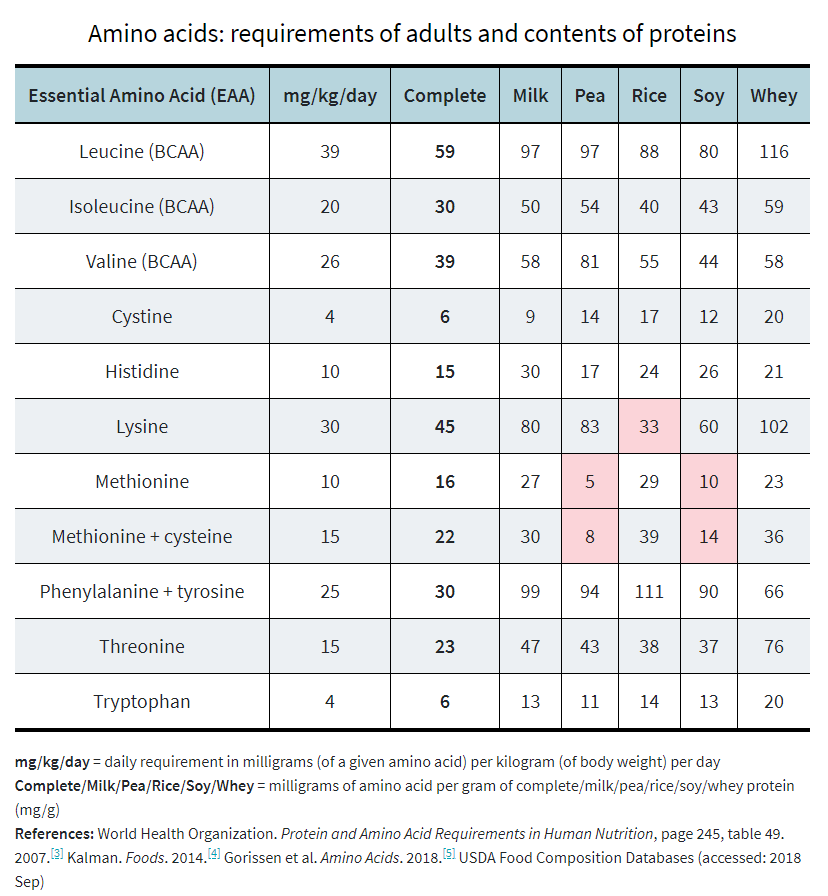If we’re going to rely on COVID-19 vaccines to bring an end to the pandemic, we need to maximize their effects. For the immune system to fight off infection or generate good protection against a disease following vaccination, it needs a variety of micronutrients. This is likely to be just as true for COVID-19 as for other diseases.
What role does food play? What role does exercising and sleep play? Are there certain things you can eat before and after getting the COVID vaccine to minimize symptoms or support your immune system? Are there foods you should avoid?
Eat Anti-Inflammatory foods
There is not enough research to support that anti-inflammatory foods or supplements such as vitamin C will make the COVID vaccine more effective. But in general, eating highly nutritious food and taking vitamin C does help the immune system. There is no hard evidence taking any supplements can make the COVID vaccine work better. The COVID vaccines have all been tested in people who were eating their usual diets, so we know they are effective without any special nutritional preparation. However, eating mostly whole foods like fruits and vegetables, protein rich foods, healthy fats like Omega 3 and fewer processed foods will help your immune system work better in general because of less inflammation in the body.
Don’t go on empty stomach. There’s no need to fast the night before the COVID vaccine like you might for other procedures. This could make you dizzy and more likely to faint if you are someone who gets queasy around needles.
Stay Hydrated
Doctors agree that staying adequately hydrated before and after getting the COVID vaccine is extremely important. Not only does everything in the body work better in a well hydrated state, but some with needle phobia and fainting history will do a lot better if they show up hydrated.
Recommended to avoid Alcohol
There is currently no evidence that drinking alcohol will make COVID-19 vaccination less effective. There is also no evidence that COVID-19 vaccines are unsafe for individuals who consume alcohol. However, the CDC and doctors recommend avoiding alcohol the day before and after getting the vaccine because alcohol suppresses the immune system and can dehydrate you.
Sleep
Get a good night of sleep the night before your shot. In addition to sustaining a healthy diet, getting an adequate amount of sleep the night prior to vaccination is critical and probably more important than anything consumed that morning. One bad night’s sleep can diminish immune function by as much as 70%. Your body uses sleep to rebuild its defenses, and chronic sleep deprivation actually depresses your immune system.
Exercise
Get some form of exercise. Not everyone is up for a hard workout but even going for a brisk walk gets your circulation going, which is good for priming your health defenses.
Supplementation
- Vitamin A
- Vitamin C
- Vitamin D
- Vitamin E
- Vitamin B6, B9, B12
- Zinc
- Selenium
- Iron
- Copper
As the European Food Safety Authority notes, the vitamins A, C, E, B6, B9, B12, C and D and the minerals zinc, selenium, iron and copper are all needed for the immune system to function as it should. Each of these micronutrients has been shown to play multiple roles in supporting immune function and reducing the risk of infection. It appears that to work at its best the immune system needs vitamins C, D and E together with zinc and selenium in excess of amounts that can usually be achieved through diet alone.
Trials in older people have also shown that responses to vaccination are better after actions are taken to improve nutrition. In another study, giving daily vitamin E supplements to people over 65 was found to increase the amount of antibodies they produced following vaccination against hepatitis B and tetanus.
In majority of studies , the micronutrients people lacked included vitamins A, B12, C and D and the trace minerals zinc, selenium and copper. Given these facts it is recommended to have these immune boosting micro nutrients in specific doses under the guidance of an expert. Else a high quality multivitamin can compensate the daily requirements of these nutrients. Taking a multivitamin on a daily basis is recommended to get all kinds of vitamins and minerals that may not be able to be managed through natural diet each and every day .
*Do read the Disclaimer
References:
